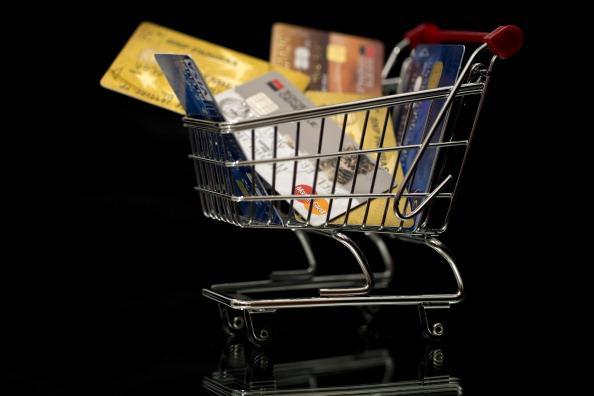Another day, another let-off for the banks from our regulators
Outlook

Your support helps us to tell the story
From reproductive rights to climate change to Big Tech, The Independent is on the ground when the story is developing. Whether it's investigating the financials of Elon Musk's pro-Trump PAC or producing our latest documentary, 'The A Word', which shines a light on the American women fighting for reproductive rights, we know how important it is to parse out the facts from the messaging.
At such a critical moment in US history, we need reporters on the ground. Your donation allows us to keep sending journalists to speak to both sides of the story.
The Independent is trusted by Americans across the entire political spectrum. And unlike many other quality news outlets, we choose not to lock Americans out of our reporting and analysis with paywalls. We believe quality journalism should be available to everyone, paid for by those who can afford it.
Your support makes all the difference.Hot on the heels of a let-off from the Competition and Markets Authority on current accounts, another regulator has given the banking industry cause for a modest celebration.
The Financial Conduct Authority has been looking into credit cards – a golden goose that looks set to continue providing a rich harvest of eggs if the interim findings of the probe are anything to go by.
The opening paragraphs of the report are positively gushing, at least by comparison with some of the FCA’s previous missives. Here is a market whose participants are engaged in zesty competition. Despite being “moderately concentrated”, it is one that works well for the consumer.
At this point the cynic in me does rather wonder whether the tone was, at least in part, set by the Government’s attempts to make nice with the banking industry and by its ousting of the FCA’s former chief executive, Martin Wheatley, who was seen as unlikely to co-operate.
I say that because below the tone-setting introduction, the watchdog has published some disturbing findings. A rather large number of people – around 5.6 million – are still getting into a great deal of difficulty as a result of their credit cards, and the industry isn’t handling them as well as it might.
Around 2 million of them are currently in severe arrears. A further 2 million have persistent, and potentially high, levels of expensive credit card debt. And the final 1.6 million repeatedly make minimum repayments rather than taking steps to get their borrowing under control.
To be fair, the FCA has floated some ideas for addressing this situation. One example could be a requirement for lenders to tell cardholders how much they could save by paying off their balances faster.
That might look a bit limp. But HSBC, and its First Direct subsidiary, saved £85m in charges through the bank’s introduction of a text alert warning them they were about to go into the red. So it is an approach that could work.
But this, and other ideas floated by the FCA, treat symptoms rather than the underlying disease of a financially illiterate population “served” by a greedy industry that all too often sees its clientele as marks.
Join our commenting forum
Join thought-provoking conversations, follow other Independent readers and see their replies
Comments